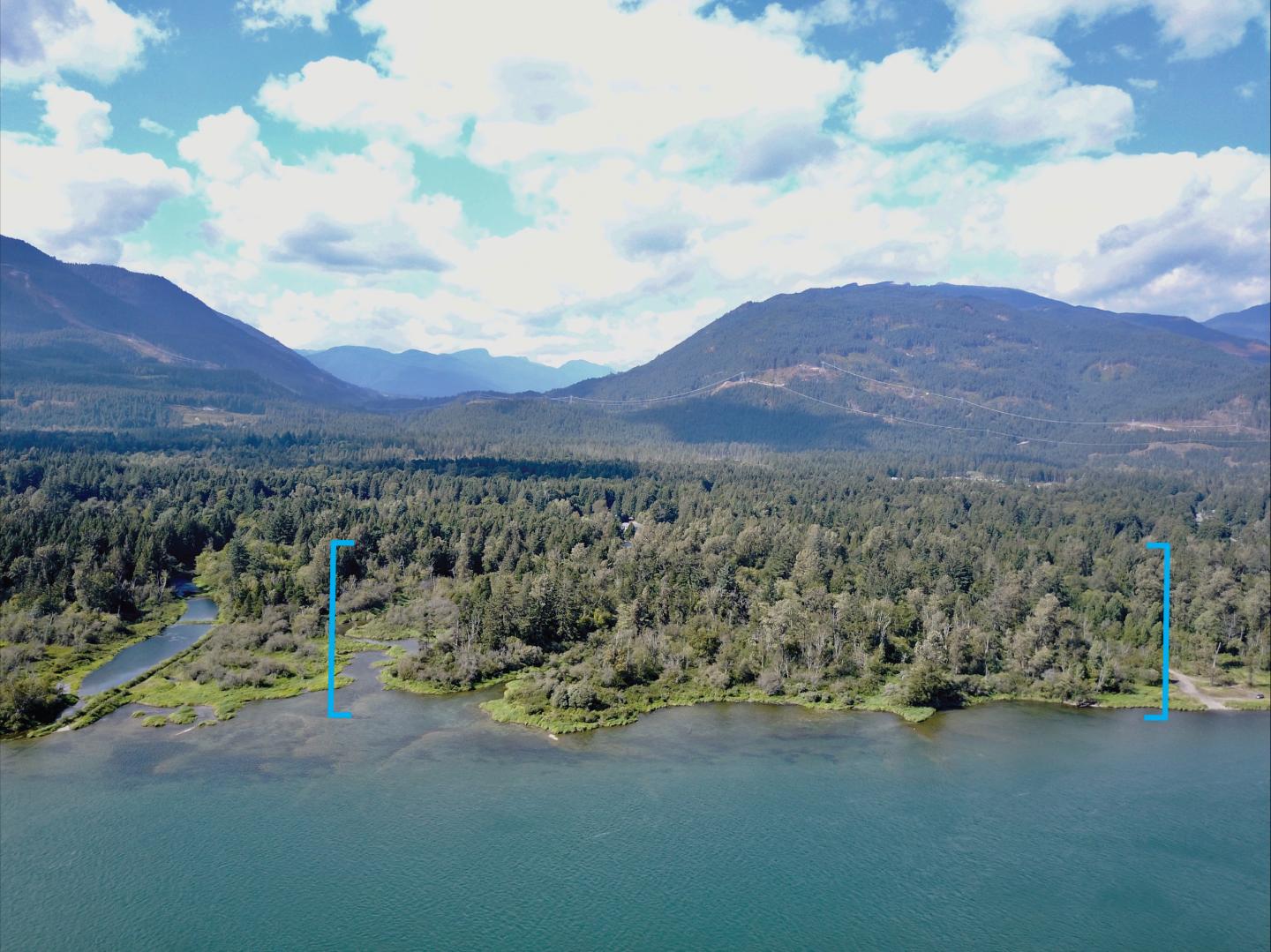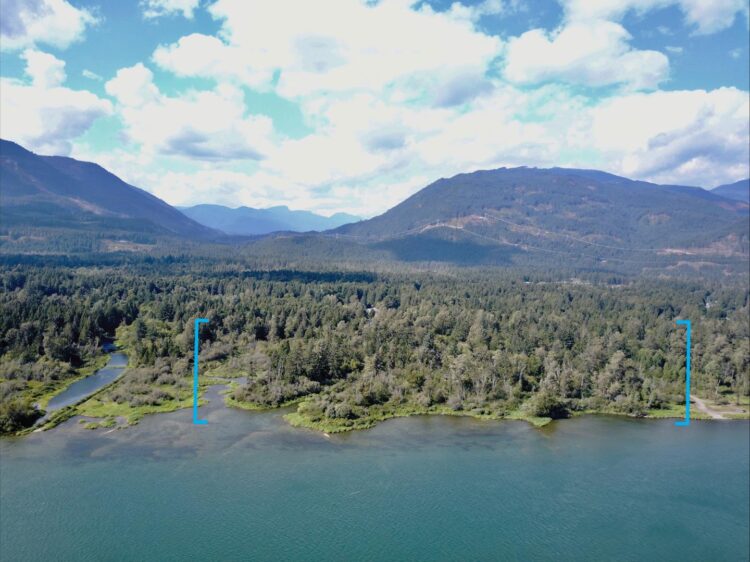The researchers say this study marks the first time forest gardens have been studied in North America

Credit: SFU
A new study by Simon Fraser University historical ecologists finds that Indigenous-managed forests–cared for as “forest gardens”–contain more biologically and functionally diverse species than surrounding conifer-dominated forests and create important habitat for animals and pollinators. The findings are published today in Ecology and Society.
According to researchers, ancient forests were once tended by Ts’msyen and Coast Salish peoples living along the north and south Pacific coast. These forest gardens continue to grow at remote archaeological villages on Canada’s northwest coast and are composed of native fruit and nut trees and shrubs such as crabapple, hazelnut, cranberry, wild plum, and wild cherries. Important medicinal plants and root foods like wild ginger and wild rice root grow in the understory layers.
“These plants never grow together in the wild,” says Chelsey Geralda Armstrong, an SFU Indigenous Studies assistant professor and the study lead researcher. “It seemed obvious that people put them there to grow all in one spot – like a garden. Elders and knowledge holders talk about perennial management all the time.”
“It’s no surprise these forest gardens continue to grow at archaeological village sites that haven’t yet been too severely disrupted by settler-colonial land-use.”
Ts’msyen and Coast Salish peoples’ management practices challenge the assumption that humans tend to overturn or exhaust the ecosystems they inhabit. This research highlights how Indigenous peoples not only improved the inhabited landscape, but were also keystone builders, facilitating the creation of habitat in some cases. The findings provide strong evidence that Indigenous management practices are tied to ecosystem health and resilience.
“Human activities are often considered detrimental to biodiversity, and indeed, industrial land management has had devastating consequences for biodiversity,” says Jesse Miller, study co-author, ecologist and lecturer at Stanford University. “Our research, however, shows that human activities can also have substantial benefits for biodiversity and ecosystem function. Our findings highlight that there continues to be an important role for human activities in restoring and managing ecosystems in the present and future.”
Forest gardens are a common management regime identified in Indigenous communities around the world, especially in tropical regions. Armstrong says the study is the first time forest gardens have been studied in North America — showing how important Indigenous peoples are in the maintenance and defence of some of the most functionally diverse ecosystems on the Northwest Coast.
“The forest gardens of Kitselas Canyon are a testament to the long-standing practice of Kitselas people shaping the landscape through stewardship and management,” says Chris Apps, director, Kitselas Lands & Resources Department. “Studies such as this reconnect the community with historic resources and support integration of traditional approaches with contemporary land-use management while promoting exciting initiatives for food sovereignty and cultural reflection.”
###
Media Contact
Melissa Shaw
[email protected]
Original Source
https:/
Related Journal Article
http://dx.





